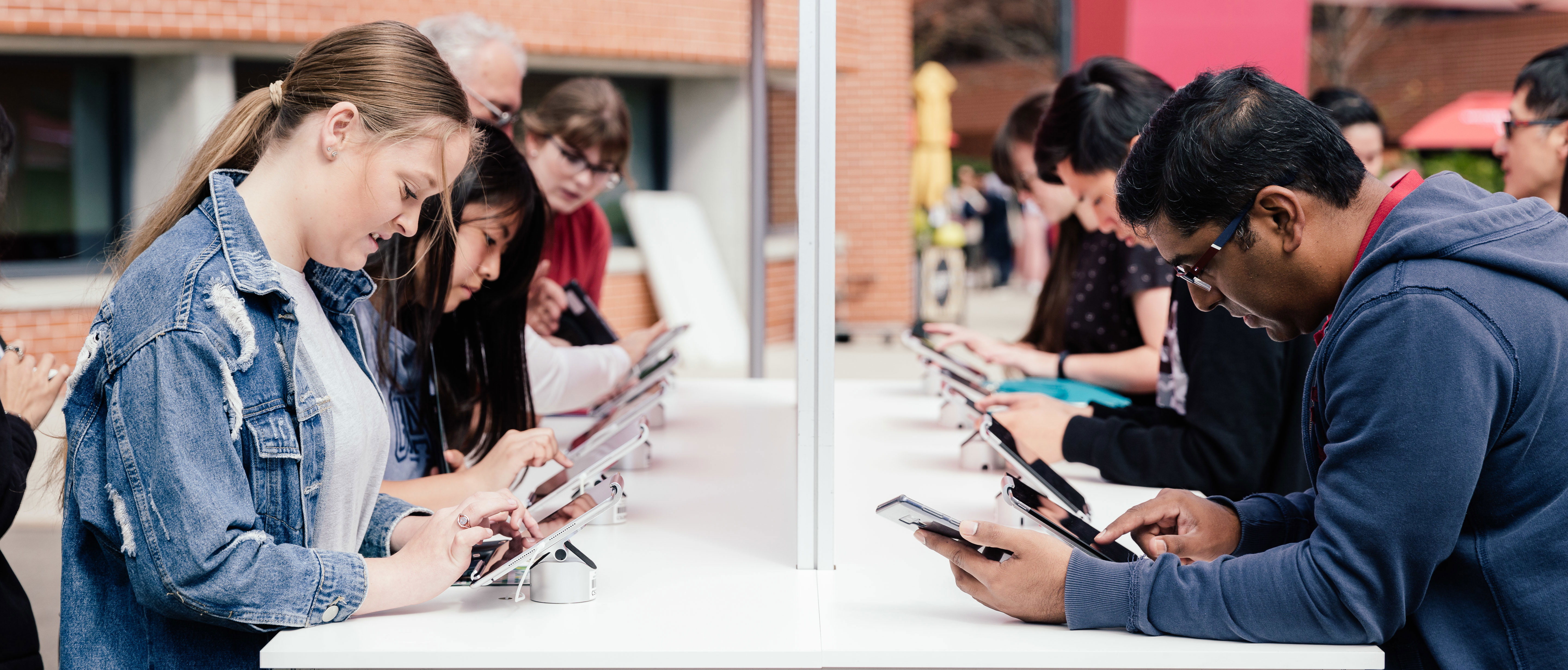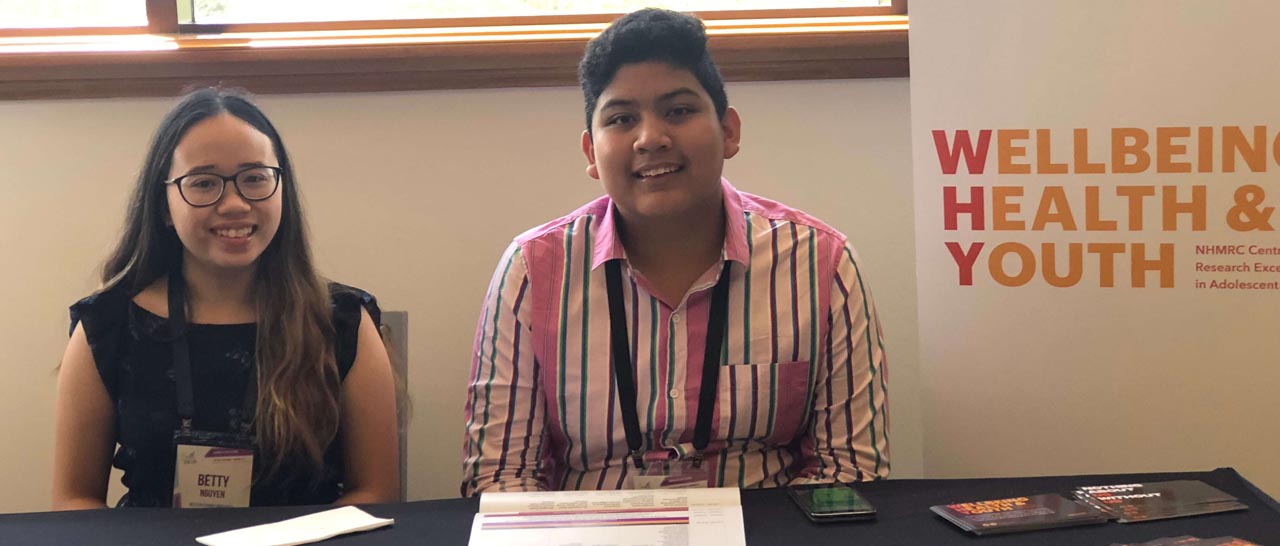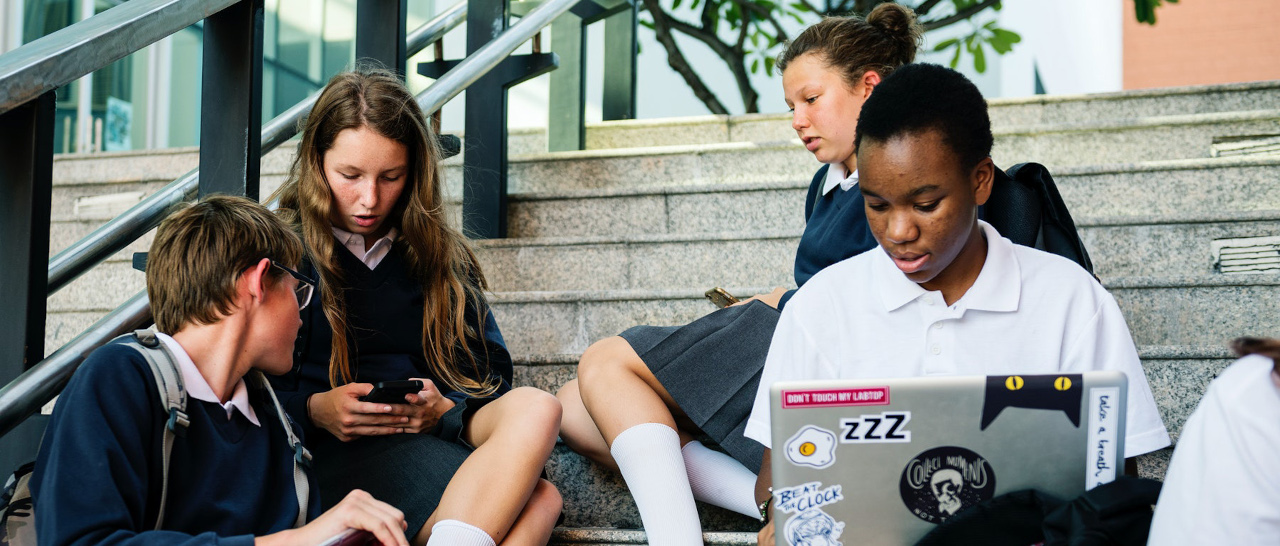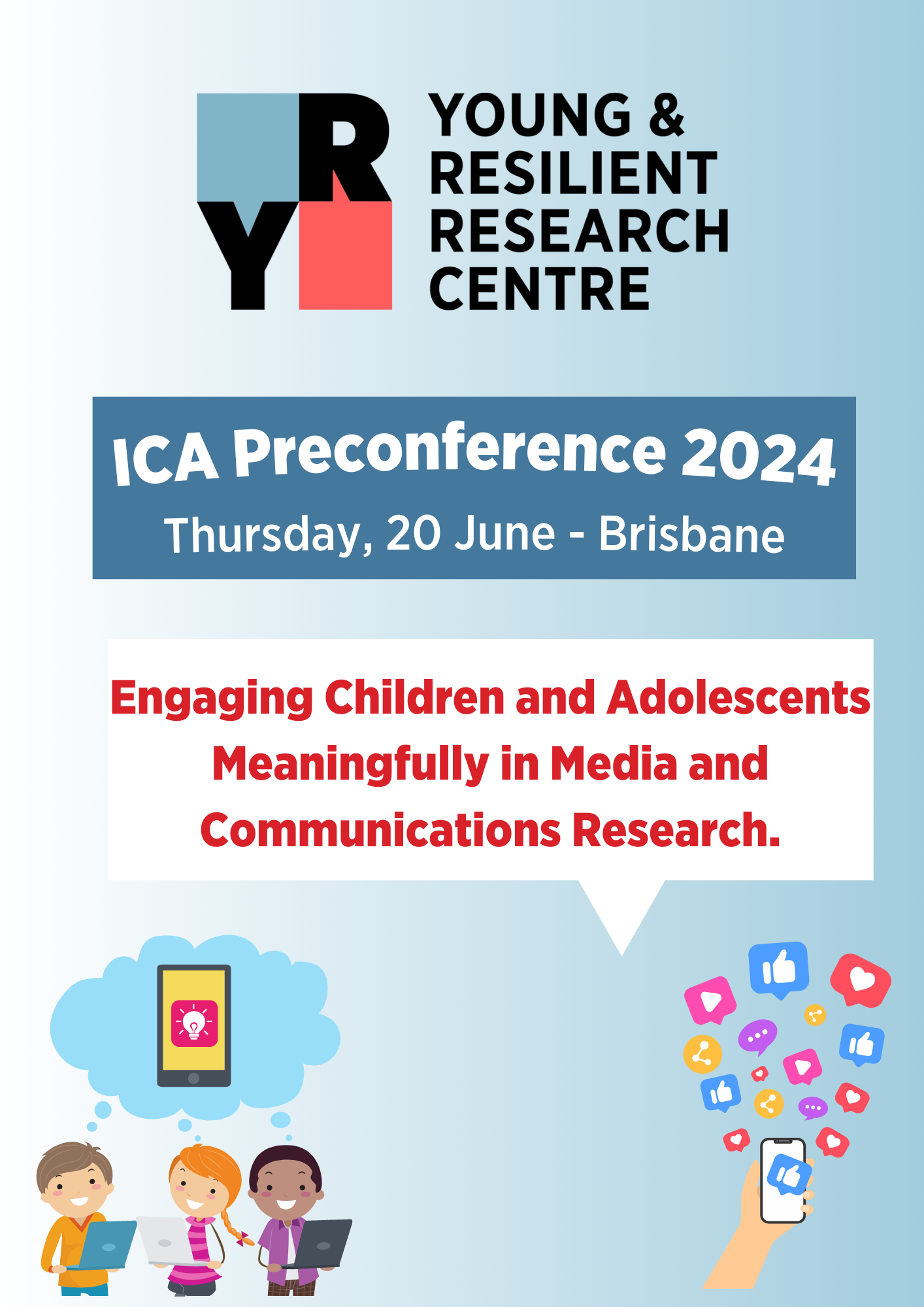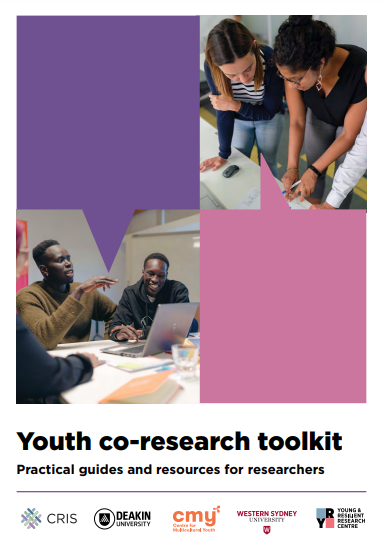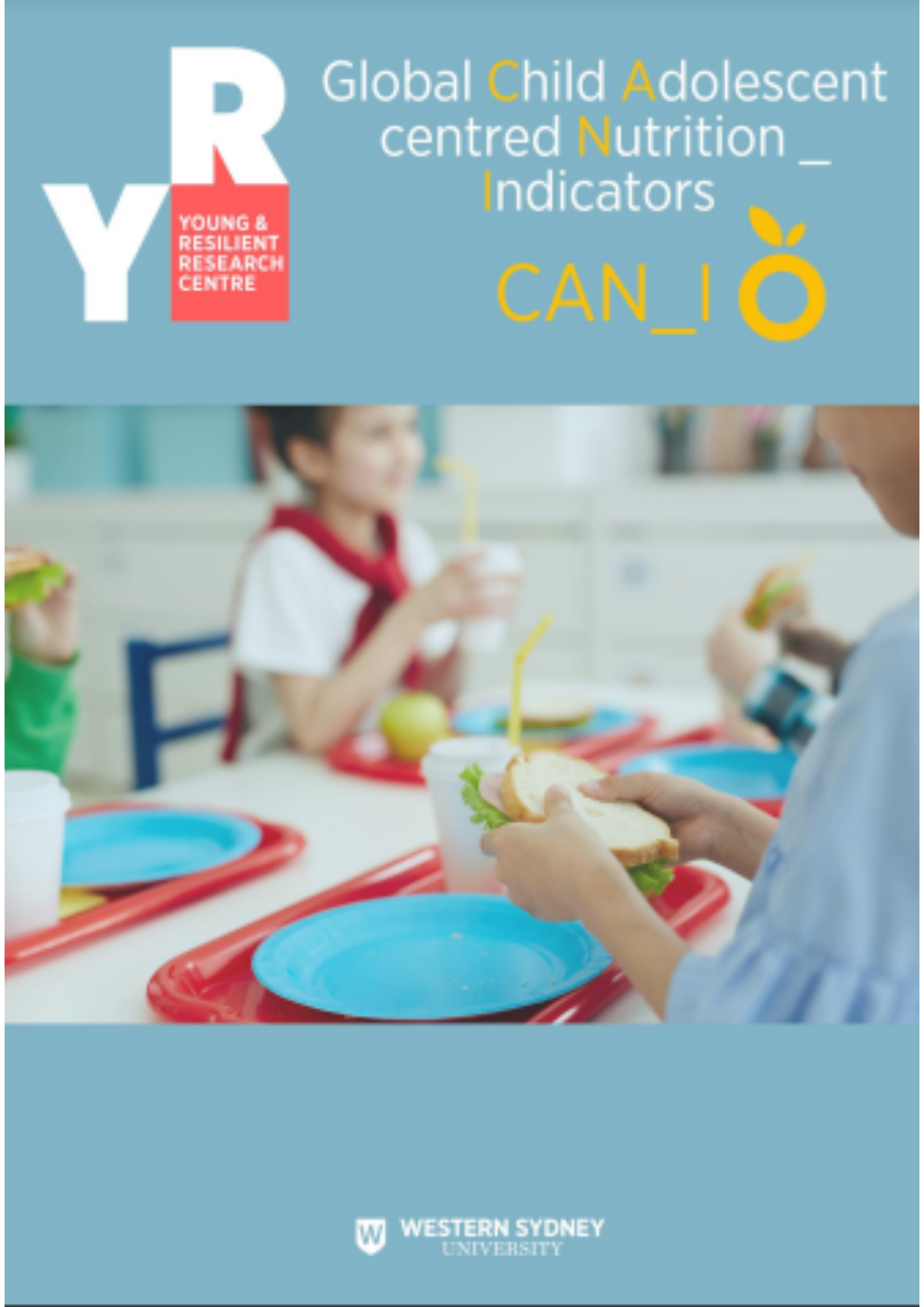-
Participation and Engagement
Participation and EngagementFind out more...
-
Enhancing Health and Wellbeing
Enhancing Health and WellbeingFind out more...
-
Reinventing Learning and Work
Reinventing Learning and WorkFind out more...
-
Call for Papers
Call for Papers
Our ICA preconference emphasises the potential of partnerships between children, young people, researchers, media professionals and child-facing organisations. It aims to facilitate conversations that enable interdisciplinary approaches to better understand the challenges we face on local and global scales. You are also invited to submit a paper for presentation.
Find out more... -
Activating Places and Platforms
Activating Places and Platforms
We study the physical and digital spaces young people spend their time.
Find out more...

